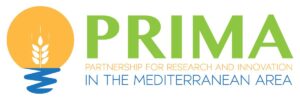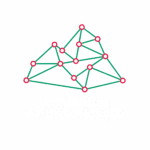Identification & Background
Project designation: LOCALNUTLEG-Development of value-added plant-based food products through the promotion of local Mediterranean varieties of nuts and legumes
Project code: 1613
Main objective: The project aims to empower the sectors of nuts and legumes in the Mediterranean with a registered trademark (Protected Designation of Origin (PDO), Protected Geographical Indication (PGI)) or indigenous identity through the development of plant-based food products with added value, in order to recover the attractiveness of the Mediterranean diet.
Intervention region: Mediterranean
Beneficiary(s) entity(s):
Institute for Food and Agricultural Research and Technology – IRTA
Universitat Politècnica de Catalunya (UPC)
Instituto Politécnico de Bragança (IPB)
MORE – Laboratório Colaborativo Montanhas de Investigação – Associação
University of Milan (UMIL)
Institut National de Recherche pour l’Agriculture, l’Alimentation et l’Environnement (INRAE)
Fraunhofer Gesellschaft zur Forderung der Angewandten Forschung Ev (Fraunhofer)
Izmir Institute of Technology (IZTECH)
Bursa Uludag University (BUFED)
Agricultural Research Organization Volcani Center (ARO)
Tel-Hai Aademic College (THC)
Unio Nuts, SCCL (UNIO)
SORTEGEL – Produtos Congelados S.A. (SORTEGEL)
Zini Prodotti Alimentari (ZINI)
UN PA Textile Construction Food Livestock and Electronic Ind. Trade Co. Ltd. (UN PA Patisserie)
Urla Women Entrepreneurship Production and Management Cooperative (UKKOOP)
Chickp-Protein (CHICKP)
Conserves Ferrer, S.A. (FERRER)
Moroccan Almonds International SARL (MAI)
La Mandorle (LM)
Approval date: 27-11-2020
Start date: 01-05-2021
Completion date: 31-10-2024
Total eligible investment: €2,055,936.76
MORE CoLAB leads Activity 6, being responsible for Dissemination, Communication and Exploitation of the project results, also participating in the inventory tasks of local vegetables and nuts of the Mediterranean (Activity 1), development of traditional meals ready to eat (Activity 4) and evaluation of consumer satisfaction and product acceptance (Activity 5).





